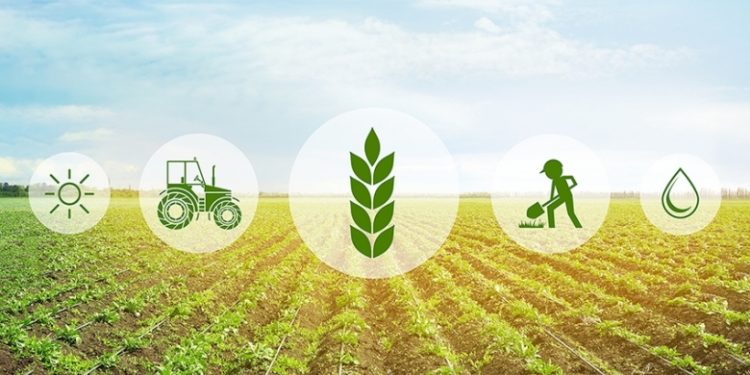The World Bank on Wednesday approved $250 million in financing to support Cote d’Ivoire’s Agro-Food Sector Development Project, in an effort to remove major obstacles hindering the growth of the agro-food sector and spur the development of more inclusive, resilient and competitive agro-food value chains.
With this financing, the Agro-Food Sector Development Project aims to not only create thousands of jobs in rural areas of Cote d’Ivoire, but also promote real opportunities to forge private partnerships among stakeholders in targeted value chains. These include the production of cassava, horticulture and aquaculture, thus boosting investments to improve and modernize the sector’s weakest segments.
According to a statement released by the World Bank, the project is expected to help improve the agro-food sector’s business environment and coordination along the value chains by structuring their actors. It also aims to increase access by these value chains not only to modern technologies adapted to the needs of farmers and agricultural entrepreneurs but also to markets, as well as enhance their resilience to climate change.
Coralie Gevers, the World Bank’s country director for Cote d’Ivoire, Benin, Guinea and Togo, said scientists predict with urbanization on the rise in Africa, one farmer will have to feed at least two non-agricultural consumers by 2030 and probably more than four by 2050.
“At the same time, land constraints and climate issues are going to escalate. The World Bank will use this financing to support efforts by the Ivorian authorities to address these major challenges by scaling up investment in agricultural research, marketing and agro-industrial transformation in order to build a competitive and inclusive agro-food sector,” Gevers said.
The project, with the support of the International Finance Corporation, will support approximately 600,000 smallholder farmers, half of whom will be women, 150 small and microenterprises and at least 400 microenterprises involved in the production, marketing and processing of agro-food products.
In a similar project targeting smallholder farmers and agro-enterprises in West Africa, the World Bank also announced it will be injecting $55 million of financing into neighboring Liberia’s Rural Economic Transformation Project or RETRAP, focusing on improved production of cassava, rubber, poultry and pigs.
“This new project fulfills the World Bank’s commitment to support Liberia in transforming the agriculture sector by scaling up the level of financing and deploying the resources in a holistic way, including through intervention for improving rural road infrastructure,” said Khwima Nthara, World Bank country manager in Liberia.
The World Bank also stated this new financing targets 60,000 persons, 50 percent of whom are women, mainly smallholder farmers and agro-entrepreneurs engaged in the selected value chains. RETRAP will improve rural access and agricultural marketing by upgrading roads and modernizing selected rural markets, and will be implemented in 11 of Liberia’s 15 counties.
It is also expected to strengthen institutional capacity of beneficiary institutions like Liberia’s ministry of agriculture, the Central Agricultural Research Institute and non-governmental organizations. This is to enable them to deliver agribusiness support services, build capacity and provide support, including technical assistance for adoption of new technologies and practices that will increase productivity of the food system and its resilience to climate change.









